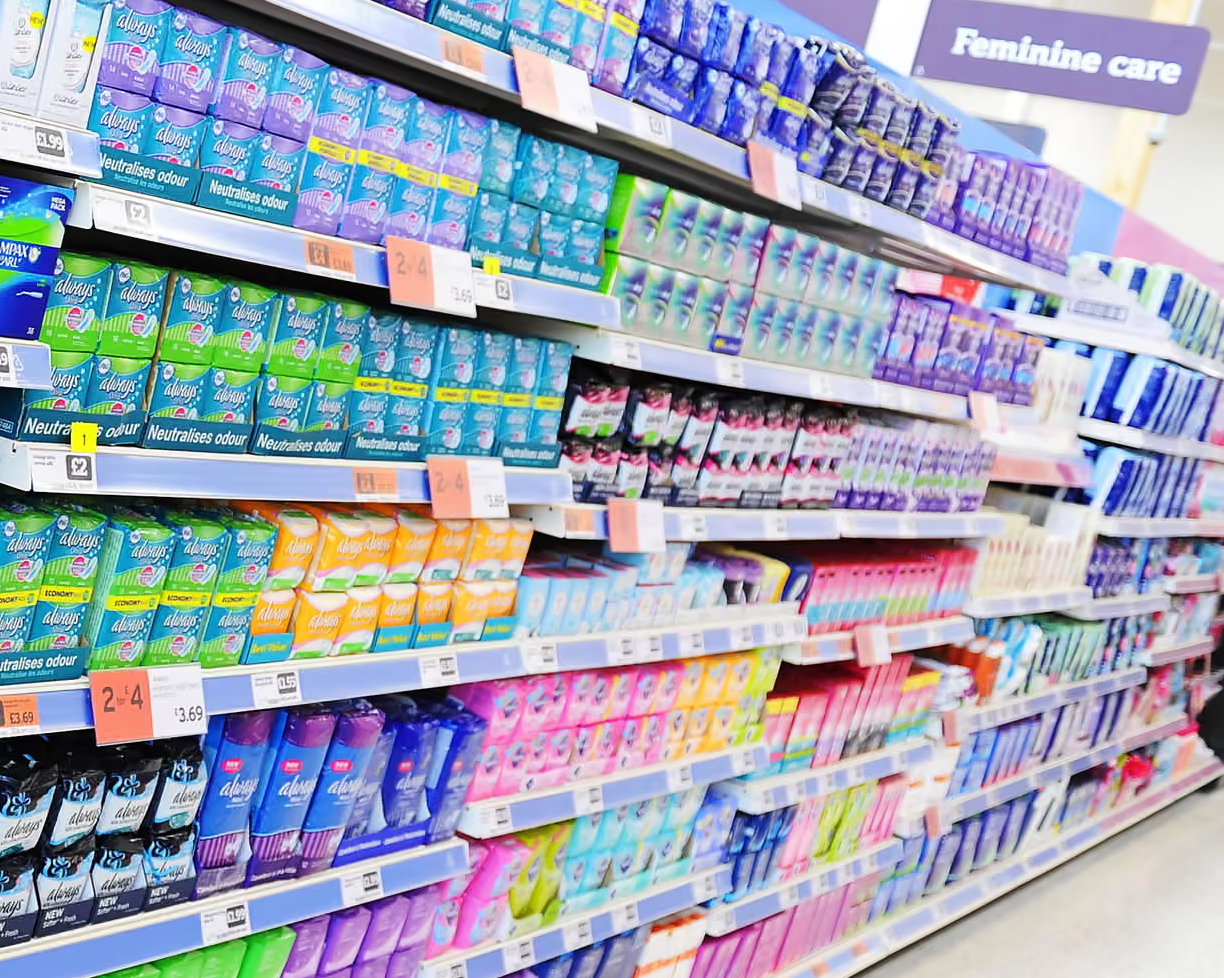- Kashif Khan
- Posts
- Toxic Pesticides Found In Tampons
Toxic Pesticides Found In Tampons
40x higher than what’s legal in drinking water
A new investigation just found glyphosate—the same chemical in Roundup weedkiller—in tampons sold on U.K. shelves.
And not just trace amounts.
One sample contained 40 times more glyphosate than what’s legally allowed in drinking water.

Dorset Media Service/Alamy
Glyphosate has been linked to cancer, Parkinson’s, and other chronic illnesses.
It’s sprayed on cotton, which is one of the most chemically treated crops in the world—and a key ingredient in most tampons.
This would be disturbing enough on its own. But here’s what makes it worse:
The vaginal wall is one of the most absorbent tissues in the body.
When chemicals come into contact with it, they bypass the liver, skip the body’s usual detox systems, and go straight into the bloodstream.
That means even small amounts of toxins in menstrual products can have outsized biological effects.
Researchers also found AMPA, a breakdown product of glyphosate, in the tampons—further confirming contamination.
And yet there are no regulations in place to test tampons for these kinds of residues.
This is another reminder to avoid conventional, mass-produced products—especially when it comes to things that go in or on your body.
If it’s made cheaply and sold everywhere, it was never designed with your health in mind.
If this is news to you, it probably is to your friends too.
Share this with someone you care about.
Until next time,
Kashif Khan
These statements have not been evaluated by the Food and Drug Administration. This product is not intended to diagnose, treat, cure, or prevent any disease. Information on this site is provided for informational purposes only. It is not meant to substitute for medical advice from your physician or other medical professional. You should not use the information contained herein for diagnosing or treating a health problem or disease or prescribing any medication. If you have or suspect that you have a medical problem, promptly contact your regular healthcare provider.